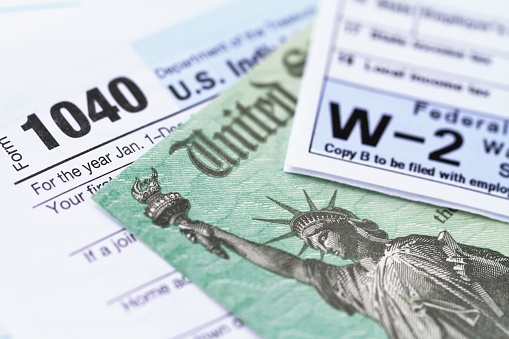The path to citizenship, or naturalization, for a permanent resident can be confusing and fraught with pitfalls. The United States Citizenship and Immigration Services (USCIS) spells out a laundry list of requirements for permanent resident cardholders who seek to become United States citizens. Sometimes, however, the “devil is in the details.”
The first, and most important, requirement for eligibility is the “continuous residency” requirement. An individual who is seeking naturalization NOT through marriage to a current US citizen must attest that they have not been outside of the United States for 30 months or more in the five years preceeding their application. So, the individual must have been physically present in the United States for more than half of the five year eligibility period (31 out of 60 months). This residency requirement is relatively easy to prove through official immigration documents (passport, visas, etc). But what happens when another official government document tells another story?
Sometimes, permanent residents who work for large international corporations may file their tax returns stating that they spend the majority of each tax year outside the United States. This presents a very serious problem when submitting a naturalization application. When a federal tax return and a federal immigration record present different facts, only one outcome is certain – the naturalization application will not be approved. In this scenario, it is helpful to consult with an experienced immigration attorney who can review all documents and present options to the client. Naturalization is a long and expensive process, and our firm is ready to assist with document review and explanation of the various options to anyone who would like to become a United States citizen.

